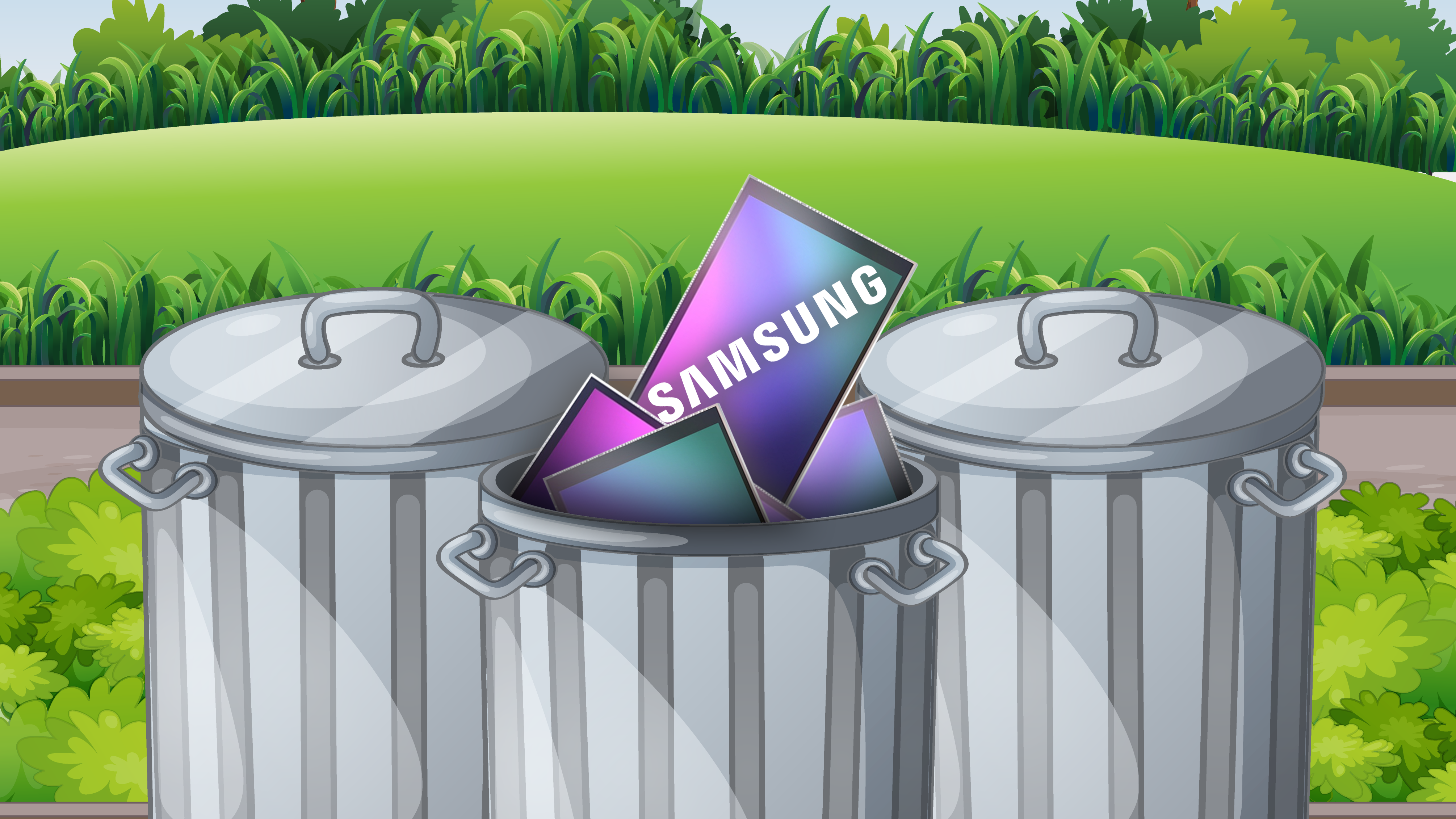
The Samsung Galaxy S24 series may be about to launch, but we're already hearing rumors about its replacement, the S25. According to a recent leak by Revegnus on Twitter, it's alleged that the S25 and S25+ could ditch Samsung's own ISOCELL sensors in favor of Sony sensors for their primary cameras.

Now obviously a leak like this so far from a phone's launch (likely early 2025) is to be treated with considerable scepticism, but there are a couple of points worth examining here. Firstly, the leak is only referring to the S25 and S25+, not the flagship S25 Ultra (assuming Samsung continues its current naming convention). Samsung could still use its own sensor in its premium flagship handset - there's currently nothing to suggest otherwise.
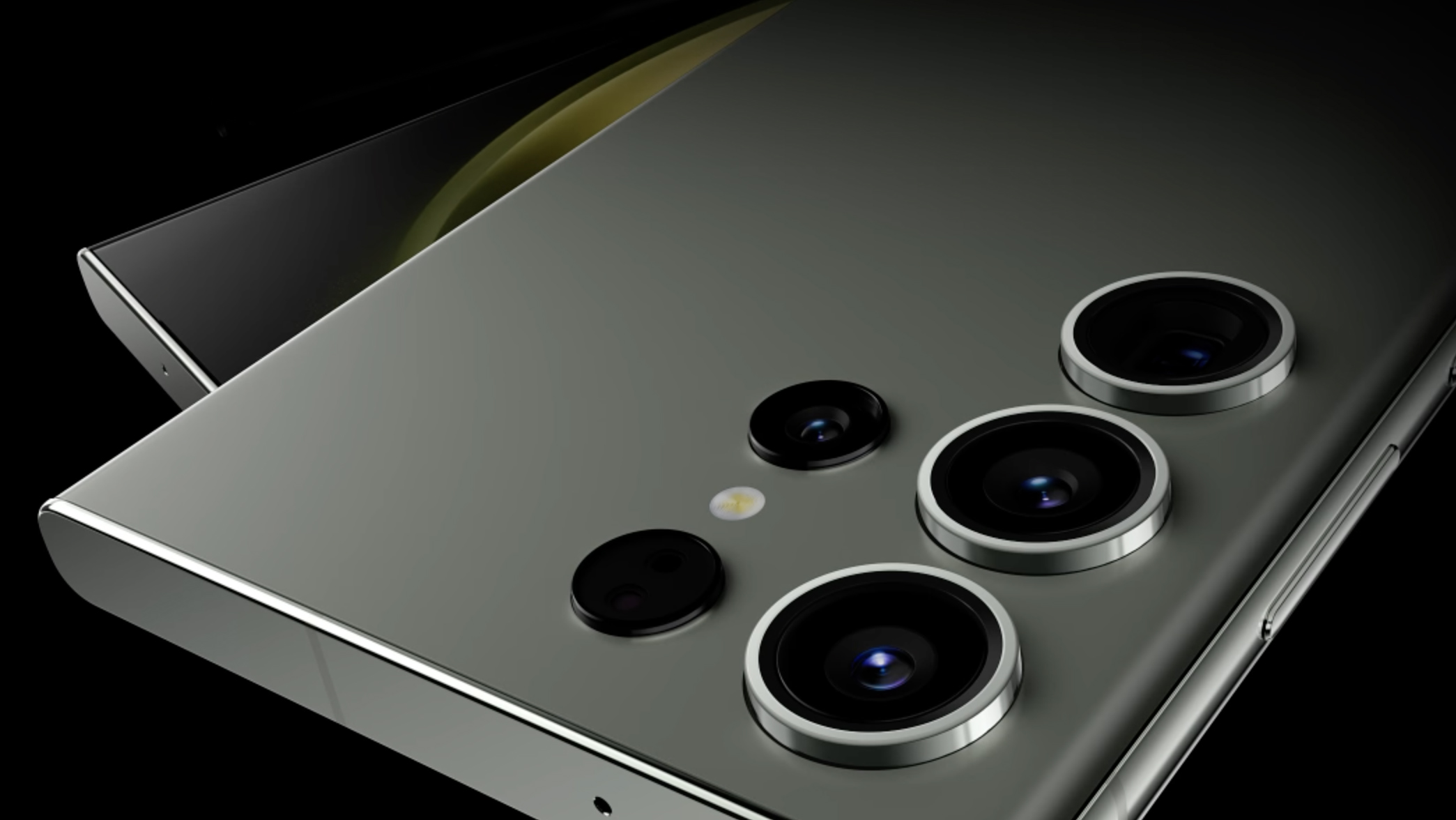
The leak also claims that the sensor used in the current S23 and S23+ - the 1/1.57-inch ISOCELL GN3 - is "dreadful". We simply don't agree that the GN3 warrants such negative press. Sure, it isn't the finest sensor Samsung has to offer, but nor was it designed as such. The GN3 is now a relatively old design, and even when new it was never intended as a flagship chip - the 200MP ISOCELL HP2 in the S23 Ultra carried that crown. Comparing the S23 with the S23 Ultra in DxOMark rankings also highlights how the GN3-equipped S23 isn't far behind the S23 ultra, scoring 133 in the camera category, where the S23 Ultra racks up 140 points - hardly a huge performance difference.
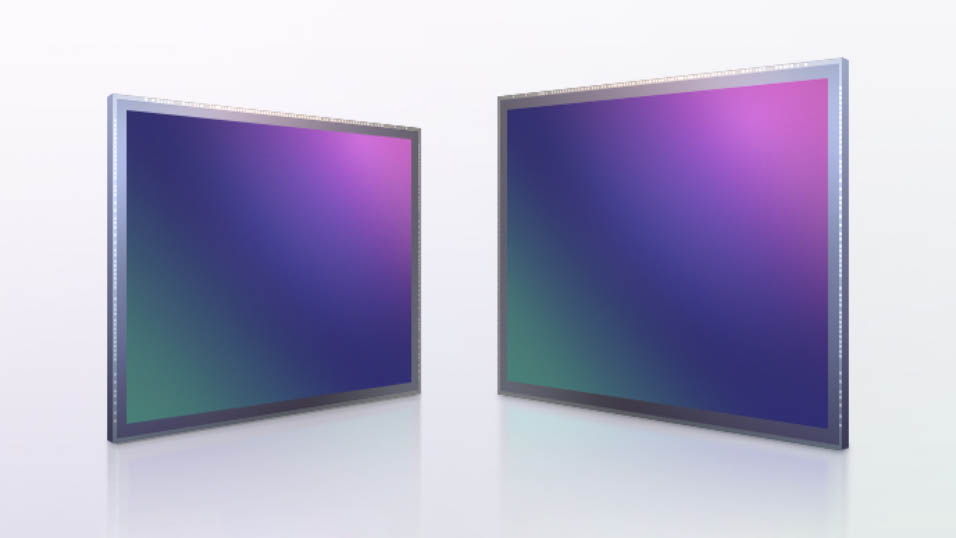
While the leak does only criticise the quality of one particular Samsung sensor, it does by extension give the impression that Samsung's overall commitment to its own camera sensors could be wavering. However, even if the leak turns out to be accurate regarding the ISOCELL GN3, we see no reason why Samsung should be switching to Sony sensors in any significant volume, or that Samsung sensors in general should be perceived as inferior to Sony sensors. We rate the ISOCELL-equipped S23 Ultra as one of the best camera phones you can buy, and that's not even using one of Samsung's latest sensors. If we instead use the Google Pixel 8 Pro as an example, with its bang-up-to-date Samsung ISOCELL GNK chip, then we have a phone that produces some of the best quality images of any camera phone right now.
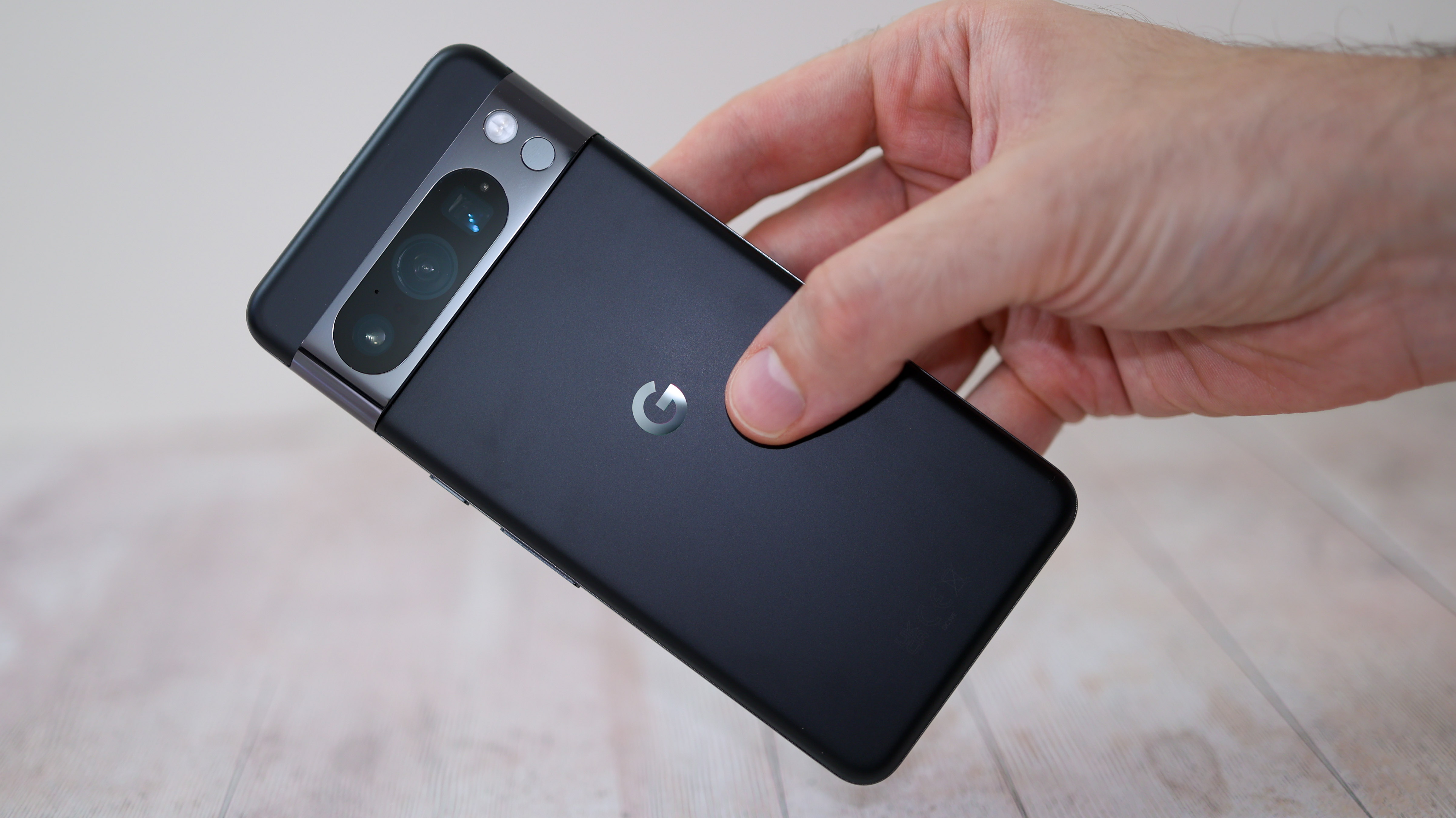
Of course, a large part of why the Pixel 8 Pro is such a capable camera performer is down to Google's super-smart image processing, but this only serves to highlight how the actual sensor hardware really isn't the big deal that many often claim. The immense image processing power in today's smartphones largely overshadows the underlying hardware, and can in some cases turn a sensor which, on paper, may be nothing special into something much greater than the sum of its physical parts. For example, even as late as 2020 Google was using a relatively small 1/2.55" sensor in the Pixel 5, whereas the rival Galaxy S20 Ultra was packing a much larger 1/1.33" primary camera sensor. But in terns of real-world image quality, if anything, we preferred the Pixel 5.
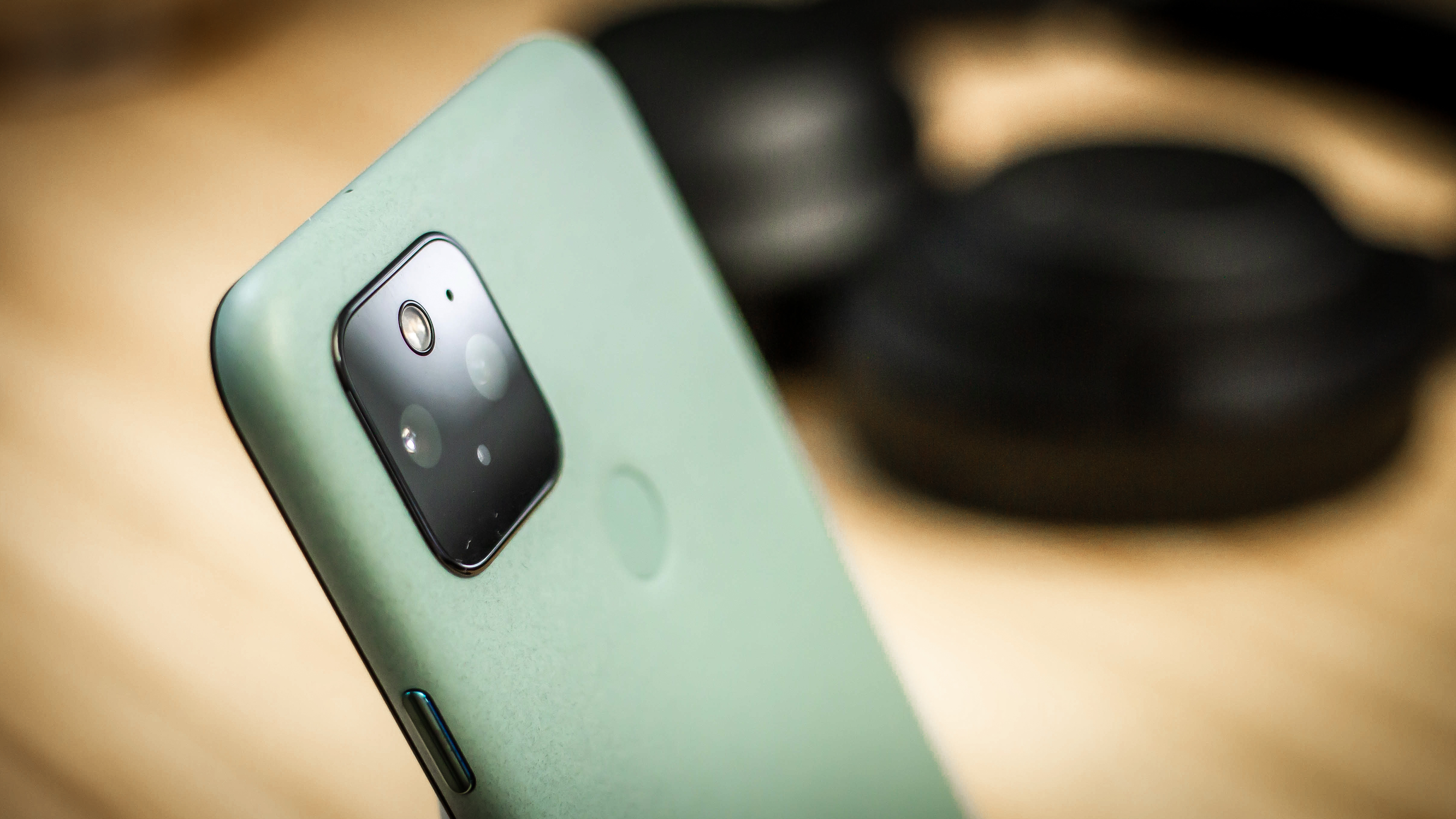
Read more:
The best camera phones
The best burner phones
Which is the best iPhone for photography?
The best TikTok lights
Best camera for TikTok







